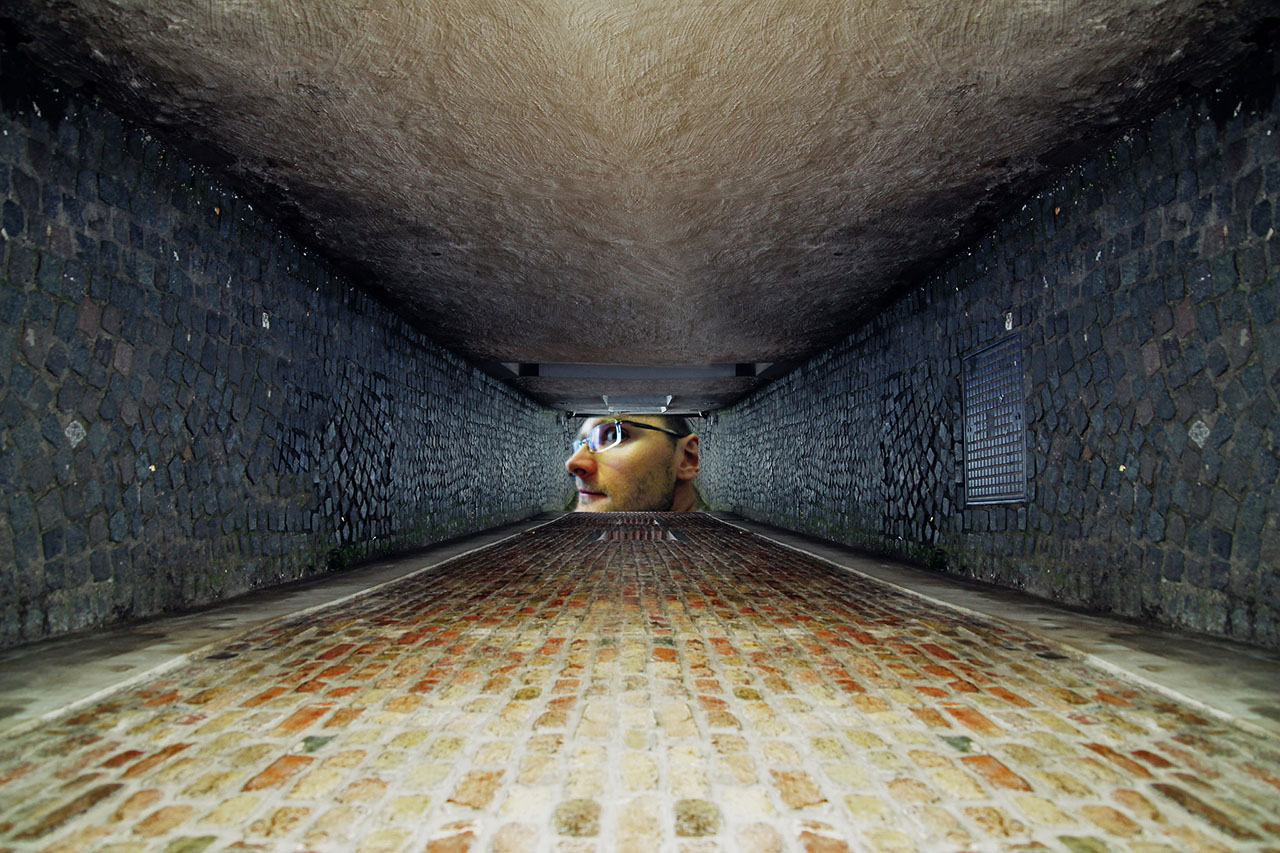
You go in at once, Giorgio, she directed. “One would think you do not wish to have any pity on me—with four Signori Inglesi staying in the house.” “Va bene, va bene,” Giorgio would mutter. He obeyed. The Signori Inglesi would require their midday meal presently. He had been one of the immortal and invincible band of liberators who had made the mercenaries of tyranny fly like chaff before a hurricane, “un uragano terribile.”
But that was before he was married and had children; and before tyranny had reared its head again amongst the traitors who had imprisoned Garibaldi, his hero.
There were three doors in the front of the house, and each afternoon the Garibaldino could be seen at one or another of them with his big bush of white hair, his arms folded, his legs crossed, leaning back his leonine head against the side, and looking up the wooded slopes of the foothills at the snowy dome of Higuerota. The front of his house threw off a black long rectangle of shade, broadening slowly over the soft ox-cart track. Through the gaps, chopped out in the oleander hedges, the harbour branch railway, laid out temporarily on the level of the plain, curved away its shining parallel ribbons on a belt of scorched and withered grass within sixty yards of the end of the house. In the evening the empty material trains of flat cars circled round the dark green grove of Sulaco, and ran, undulating slightly with white jets of steam, over the plain towards the Casa Viola, on their way to the railway yards by the harbour. The Italian drivers saluted him from the foot-plate with raised hand, while the negro brakesmen sat carelessly on the brakes, looking straight forward, with the rims of their big hats flapping in the wind. In return Giorgio would give a slight sideways jerk of the head, without unfolding his arms.